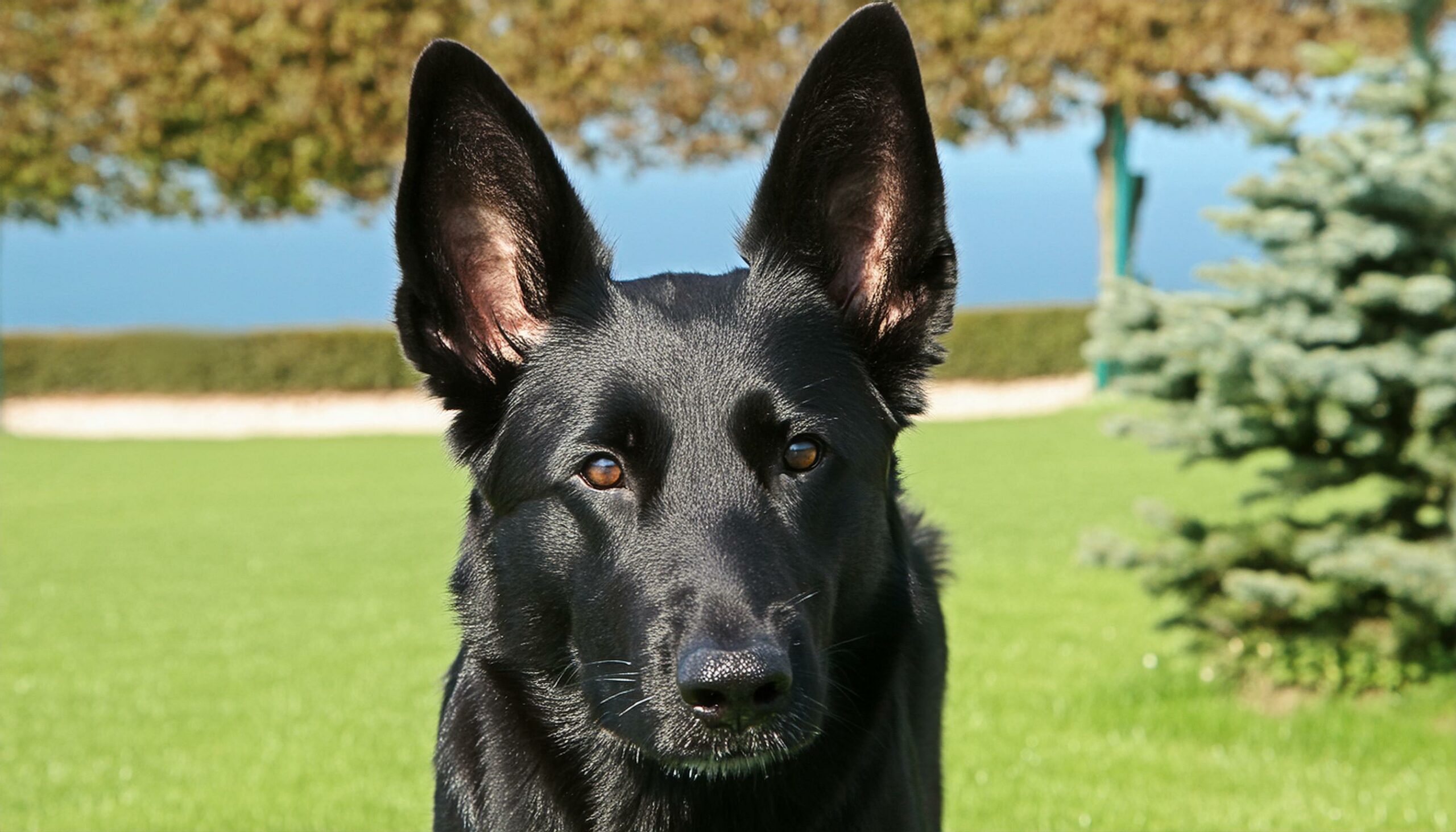German Shepherds are renowned for their exceptional intelligence, loyalty, and versatility. Understanding their attitude is crucial for anyone considering this breed as a pet. From their unwavering loyalty to their protective instincts, German Shepherds possess a unique attitude that sets them apart.
Loyalty and Protectiveness
Loyalty to Their Owners: German Shepherds are incredibly loyal companions. Once they bond with their owner, they develop a deep and unwavering loyalty that lasts a lifetime. This loyalty often leads them to form strong attachments with their family members, whom they see as their pack.
Instinct to Protect Their Family: One of the defining characteristics of German Shepherds is their innate instinct to protect. Bred originally as herding and guarding dogs, they have a natural inclination to safeguard their loved ones. This protective nature makes them excellent watchdogs and guardians of the home.
Intelligence and Trainability
Mental Sharpness: German Shepherds are highly intelligent dogs with keen problem-solving abilities. Their sharp minds enable them to quickly grasp commands and learn new tasks. This intelligence is a key factor in their success in various roles, including search and rescue, police work, and assistance dog tasks.
Eagerness to Learn and Obey Commands: Unlike some breeds that may be stubborn or independent, German Shepherds are eager to please their owners. They thrive on mental stimulation and enjoy the challenge of training sessions. With consistent, positive reinforcement training methods, they can master a wide range of commands and behaviors.
Confidence and Fearlessness
Self-Assured Nature: German Shepherds exude confidence in everything they do. Whether it’s navigating new environments or confronting unfamiliar situations, they approach challenges with a calm and self-assured demeanor. This confidence is an integral part of their temperament and contributes to their effectiveness in various roles.
Fearlessness in Facing Challenges: German Shepherds are not easily intimidated. They possess a fearless nature that enables them to confront obstacles head-on. This fearlessness, coupled with their intelligence and loyalty, makes them invaluable partners in high-pressure situations.
Socialization and Interaction

Interaction with Other Animals: Proper socialization from an early age is essential for German Shepherds to develop good manners around other animals. With early and consistent socialization, they can coexist peacefully with other pets in the household.
Behavior Around Strangers: While German Shepherds are inherently protective of their family, they can also be friendly and sociable with strangers when properly introduced. Early socialization helps them distinguish between friend and foe, allowing them to greet newcomers with confidence rather than hostility.
Exercise and Activity Levels
Need for Physical Activity: German Shepherds are a high-energy breed that requires plenty of exercise to stay healthy and happy. Regular walks, play sessions, and opportunities for mental stimulation are essential to prevent boredom and destructive behaviors.
Mental Stimulation Requirements: In addition to physical exercise, German Shepherds need mental stimulation to keep their minds engaged. Interactive toys, puzzle feeders, and obedience training sessions are excellent ways to challenge their intellect and prevent boredom.
Behavioral Issues and Solutions
Common Behavioral Problems: Like any breed, German Shepherds may exhibit behavioral issues if not properly trained and socialized. Common problems include aggression, separation anxiety, and excessive barking. However, these issues can often be addressed through consistent training and positive reinforcement techniques.
Training and Behavior Modification Techniques: Positive reinforcement training methods, such as clicker training and reward-based obedience training, are highly effective with German Shepherds. Consistency, patience, and clear communication are key to addressing behavioral issues and fostering desirable behaviors.
Attitude Towards Children
Interaction with Kids: German Shepherds can be excellent companions for children when raised and socialized properly. Their gentle and playful nature makes them well-suited for family life, and they often form strong bonds with children in the household.
Supervision and Training Recommendations: While German Shepherds are generally good with children, supervision is always recommended, especially with young children who may not understand how to interact safely with dogs. Teaching children how to respect the dog’s space and boundaries is essential for fostering a positive relationship.
Health and Well-being
Common Health Issues: Like all breeds, German Shepherds are prone to certain health problems, including hip dysplasia, elbow dysplasia, and degenerative myelopathy. Regular veterinary check-ups, a nutritious diet, and proper exercise can help mitigate the risk of these conditions.
Care and Maintenance Tips: Maintaining a healthy weight, providing regular exercise, and practicing good grooming habits are essential aspects of German Shepherd care. Regular brushing, nail trimming, and dental care can help keep them looking and feeling their best.
Conclusion
In conclusion, the attitude of a German Shepherd is characterized by loyalty, intelligence, confidence, and fearlessness. These remarkable qualities, combined with proper training and socialization, make them outstanding companions and working dogs. Understanding their unique temperament is essential for providing them with the care and environment they need to thrive.
FAQs
Are German Shepherds good family dogs?
Yes, German Shepherds can make excellent family pets when properly trained and socialized. They are loyal, protective, and often form strong bonds with their human family members.
How do German Shepherds behave around strangers?
German Shepherds can be wary of strangers due to their protective nature, but with proper socialization, they can be friendly and well-mannered in new situations.
Do German Shepherds require a lot of exercise?
Yes, German Shepherds are an active breed that requires plenty of physical and mental stimulation to stay happy and healthy. Regular exercise is essential to prevent boredom and behavioral issues.
What should I do if my German Shepherd shows aggressive behavior?
Aggressive behavior in German Shepherds should be addressed promptly with positive reinforcement training and, if necessary, the guidance of a professional dog trainer or behaviorist.
Can German Shepherds live in apartments?
While German Shepherds can adapt to apartment living with sufficient exercise and mental stimulation, they thrive best in homes with access to outdoor space where they can run and play.
